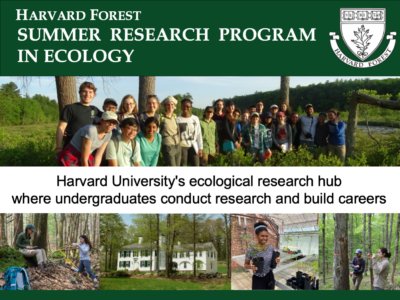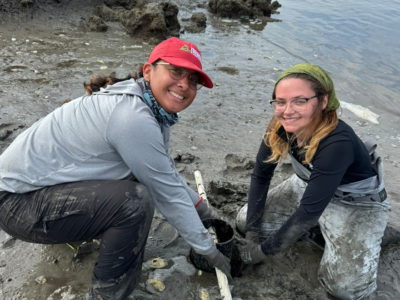Undergraduate Summer Internships Georgia Coastal Ecosystems LTER
The Georgia Coastal Ecosystems Long Term Ecological Program (GCE LTER) is looking for undergraduate interns for summer 2026. Some opportunities are limited to students who have not yet graduated. All positions will receive either a stipend or an hourly salary. Most internships last ~8-10 weeks between May and August. However, start and end dates are… Read more »










